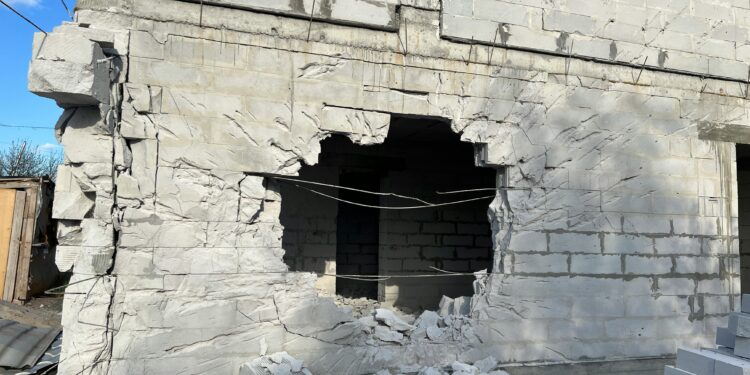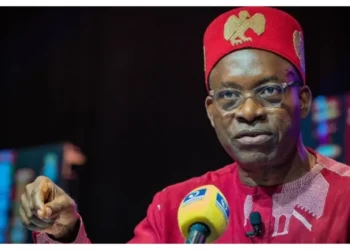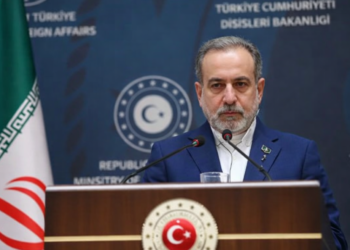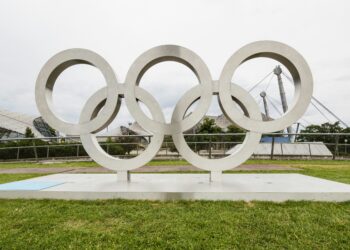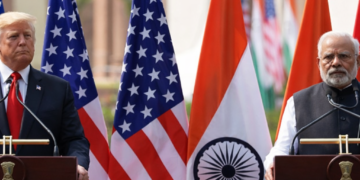The Israeli military targeted Hezbollah’s central headquarters in Beirut’s southern suburbs on Friday, resulting in significant explosions that rattled the Lebanese capital. Thick clouds of smoke filled the city following the strike, which aimed to hit Hezbollah leader Sayyed Hassan Nasrallah. However, sources from Hezbollah and Iran have confirmed that Nasrallah is alive and safe.
Escalation of Conflict
This attack marks a major escalation in the ongoing conflict with the Iran-backed group. Hezbollah’s al-Manar television reported that multiple strikes destroyed four buildings and caused numerous casualties. Live feeds from the station showed search and rescue teams navigating through debris, with reports of large craters and extensive damage to surrounding structures.
Details of the Strike
The Israeli military described the strike as precise, targeting Hezbollah’s central command, which they claimed was “embedded under residential buildings in the heart of the Dahiyeh in Beirut.” This is the fourth Israeli strike in the Hezbollah-controlled southern suburbs over the past week, which has already resulted in the deaths of at least three senior Hezbollah military commanders.

However, Friday’s attack was notably more powerful, with multiple blasts felt across the city, reminiscent of the Israeli airstrikes during the 2006 war with Hezbollah.
Reactions from Lebanese Leadership
Lebanon’s Prime Minister Najib Mikati condemned the strike, stating it demonstrates Israel’s unwillingness to heed international calls for peace in Lebanon.
Israeli Government’s Position
Meanwhile, Israeli Prime Minister Benjamin Netanyahu, in a closely watched speech at the U.N. General Assembly, vowed to continue military actions against Iranian-backed fighters in Lebanon. He declared, “As long as Hezbollah chooses the path of war, Israel has no choice,” emphasizing Israel’s right to act against perceived threats to its citizens. His speech elicited mixed reactions, with several delegations walking out while supporters cheered.
However, the United States claimed it was not given advance warning of the Beirut strike. U.S. Defense Secretary Lloyd Austin said he was communicating with his Israeli counterpart during the operation, according to a Pentagon spokesperson.
Conclusion
Tension is Increasingly high in the Middle East with hopes of peace fastly eroding which may lead to further escalation between Israel and Hezbollah.

